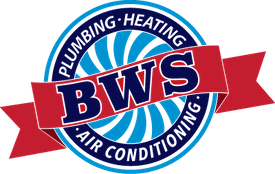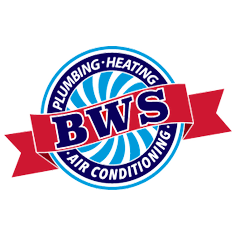Low pressure can be anything from a minor annoyance to a serious problem. But, low water pressure in your shower can slowly get under your nerves over time.
Knowing how to minimize or fix any low water pressure you’re experiencing during your morning or evening shower can eliminate a daily annoyance and make you a more relaxed and happier person.
Here are a few troubleshooting steps you can take.
Check for Clogs
One of the most common causes of low pressure in showers when the rest of the home is fine is caused by either a clogged shower head or clogged pipes or tubing directly connected to the shower head. Luckily, these are the easiest to fix too.
Showerheads have very small holes in their face, and even the slightest buildup of debris from minerals in your water can make a big difference in your water pressure. If the holes look blocked in any way, clean them with a simple vinegar solution.
You can also try and see if the tubing or pipe you connect the head to have any blockages. If so, you can try to snake them clean.
Check the Diverter Valve
If you come up empty after checking for clogs, you can move to another very common cause of low water pressure in showers. That is something called a diverter valve.
Testing to see if the diverter valve is your problem is very simple. However, only showers that are part of a bathtub/shower combo use these. So, if you are experiencing low pressure in a stand-alone shower, skip this step.
If you do have a combo, just turn on the water for the bathtub. Then, turn it on for the shower. If the water flows freely from the tub faucet but pressure is greatly reduced when you switch to the showerhead, you have found your problem.
You will probably want to get a plumber in to give you a second opinion and to help with the repair as it does require a fair amount of disassembly. But, by pinpointing the problem on your own you can help direct the professional and save yourself a little money by cutting down on their diagnostic time.
Get Help from a Pro
If the two steps above did not yield any results, you may have a more serious problem. You could have blockages or corrosion in other pipes.
At this point calling in a professional plumber is your best course of action, especially if the water pressure continues to decline. It’s not going to fix itself, so getting a pair of experienced eyes on the job is going to be useful both over the short and long term.
In Summary
Low water pressure in your shower can leave you feeling unsatisfied. It can also make showers last two to three times longer than what they would normally.
You can do a little detective work to see if you can spot the cause of the problem on your own, but if that fails, calling in a pro is a much better choice than letting the problem linger and get worse.


